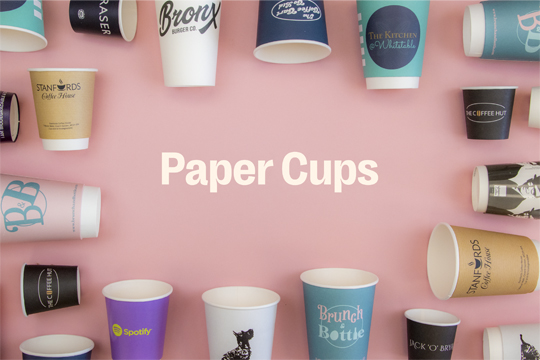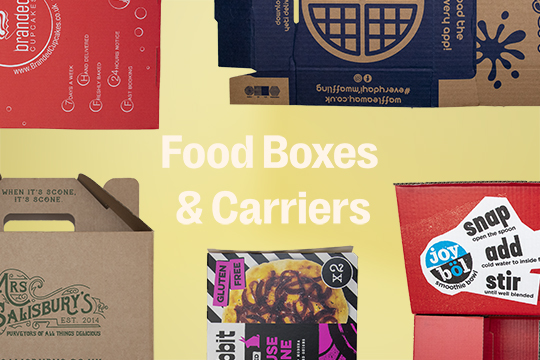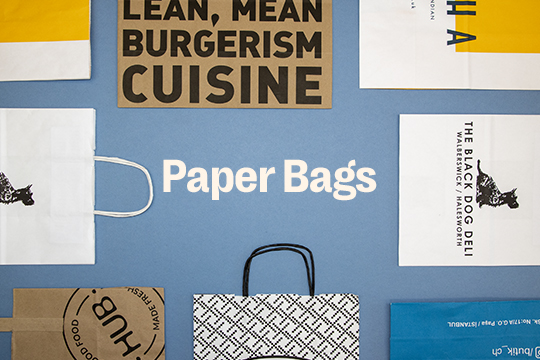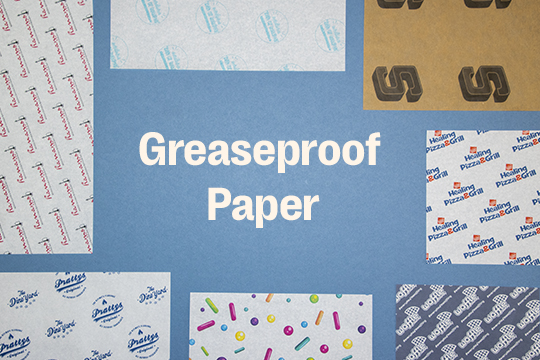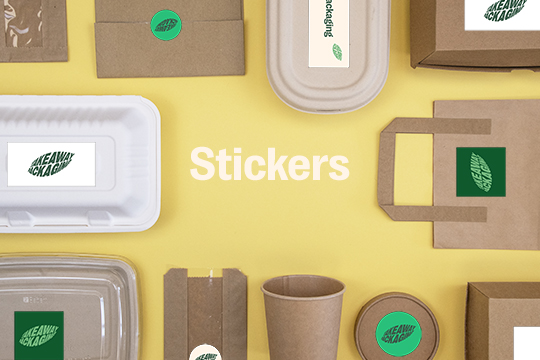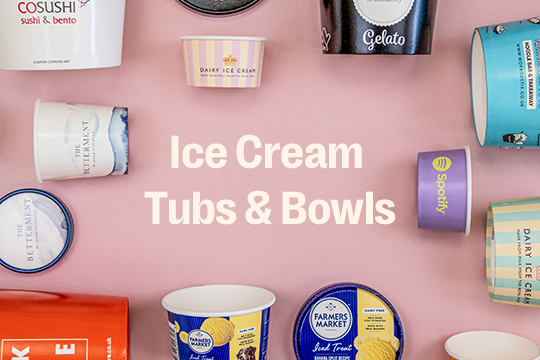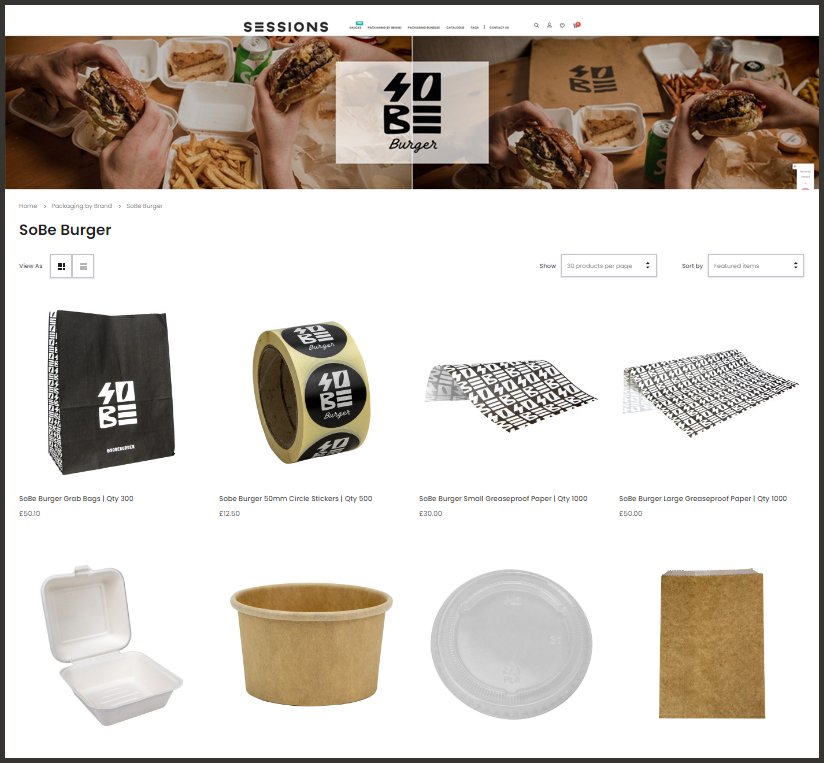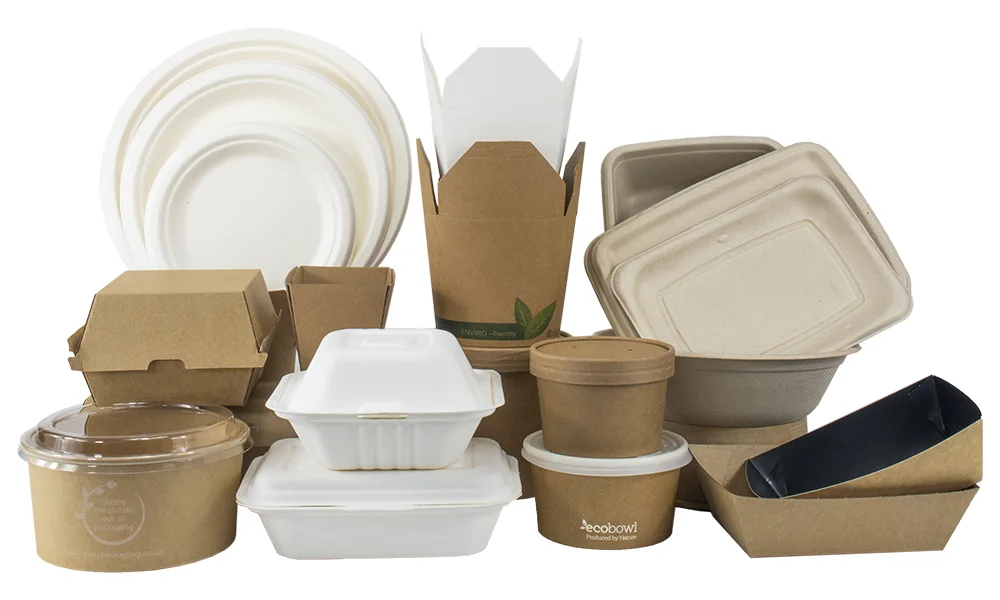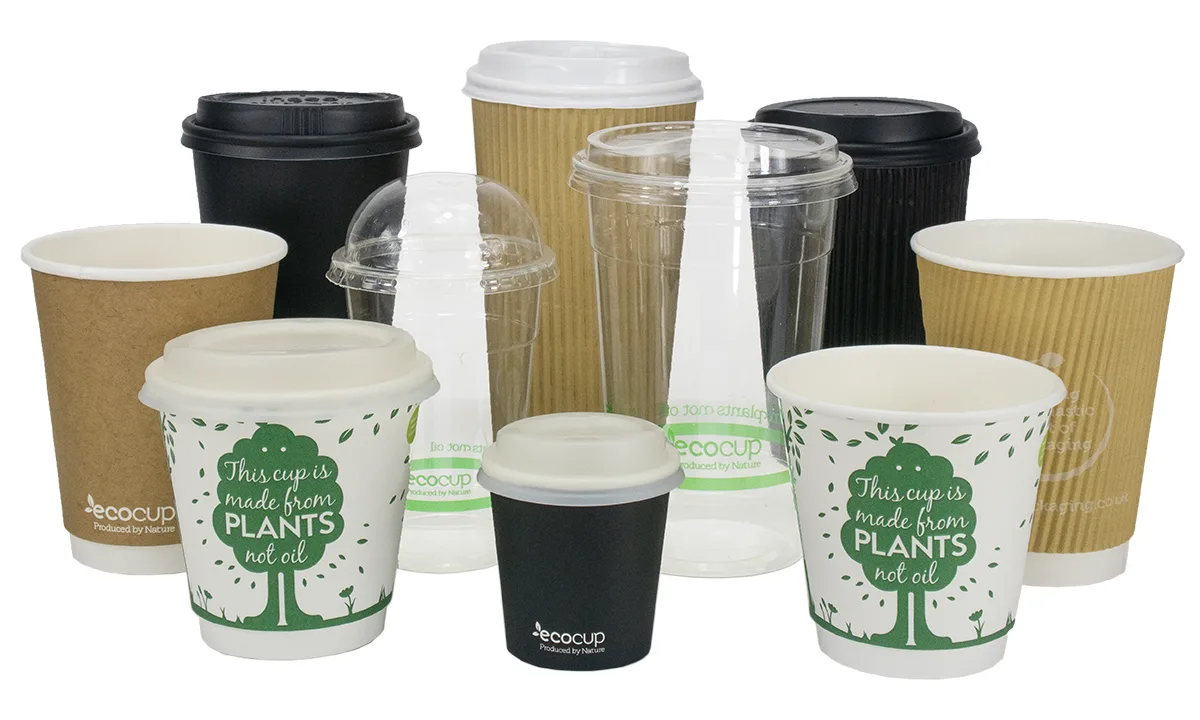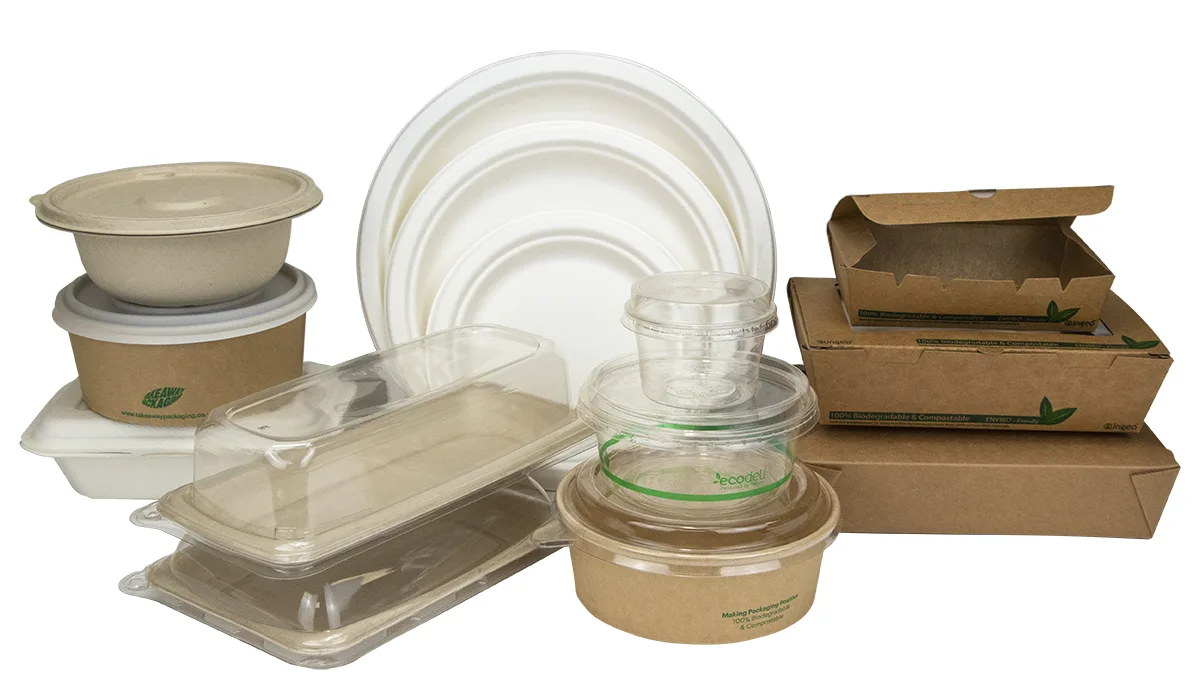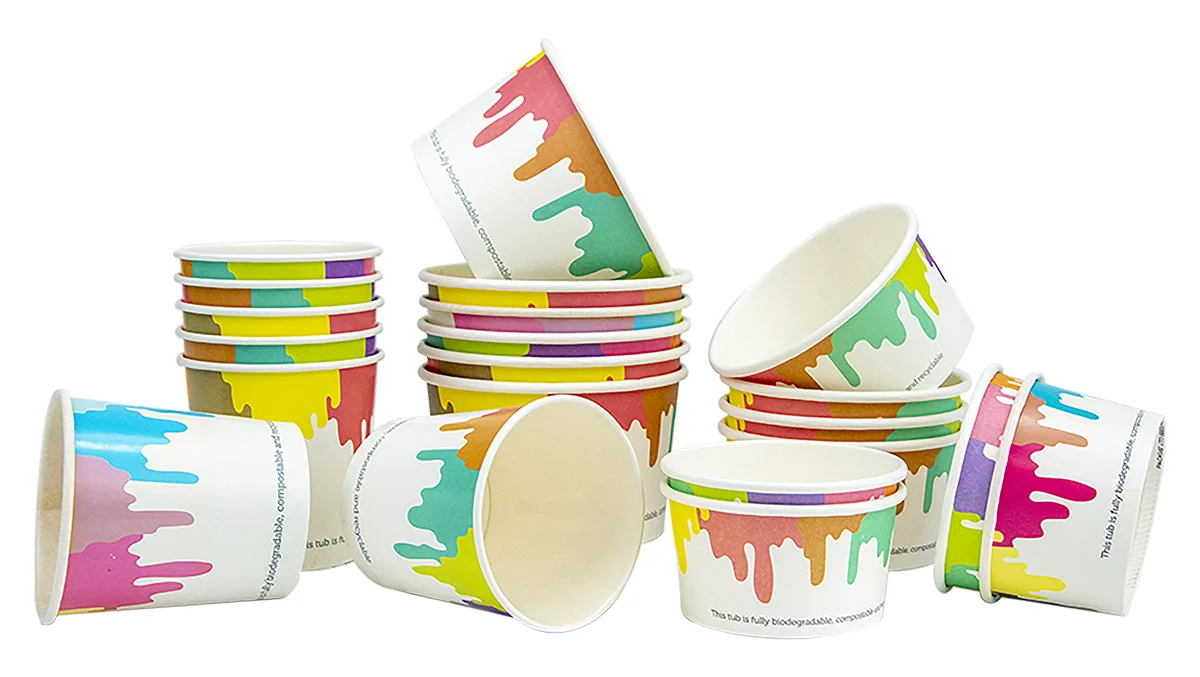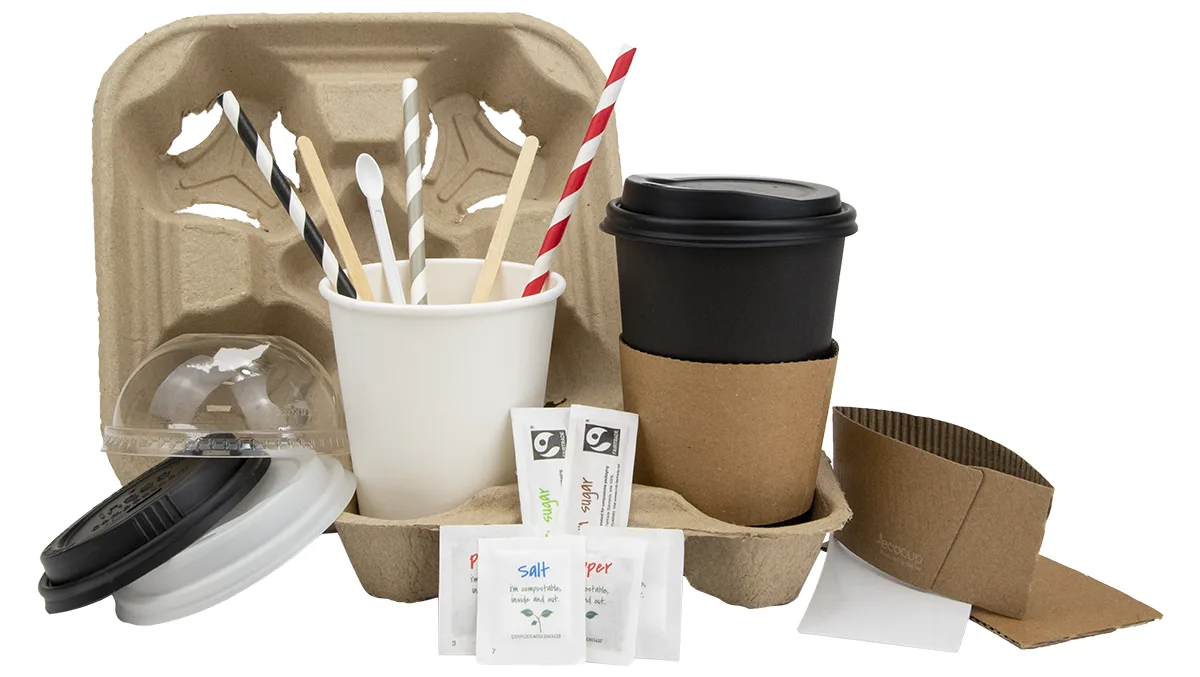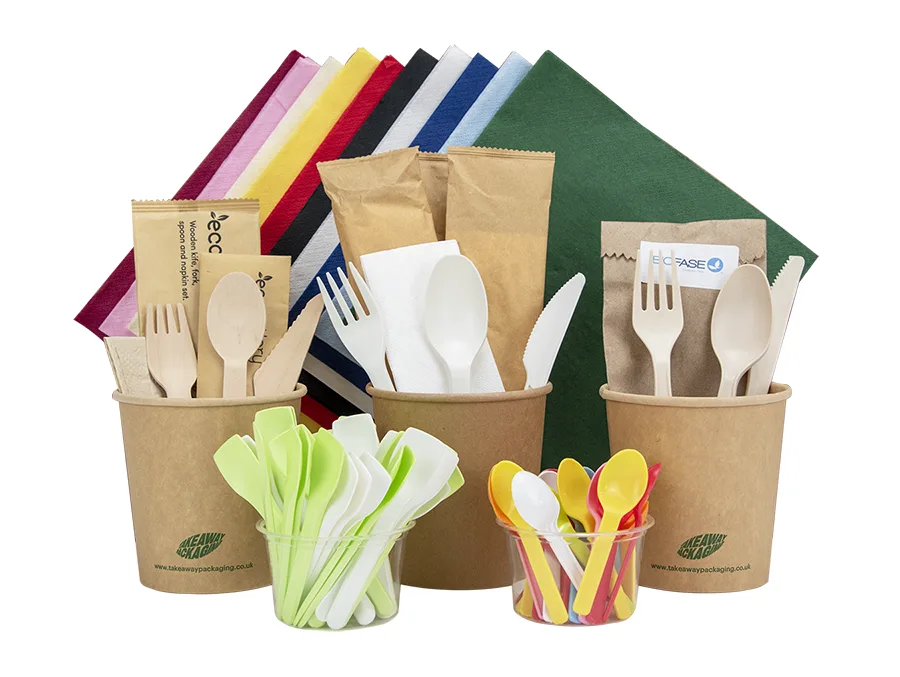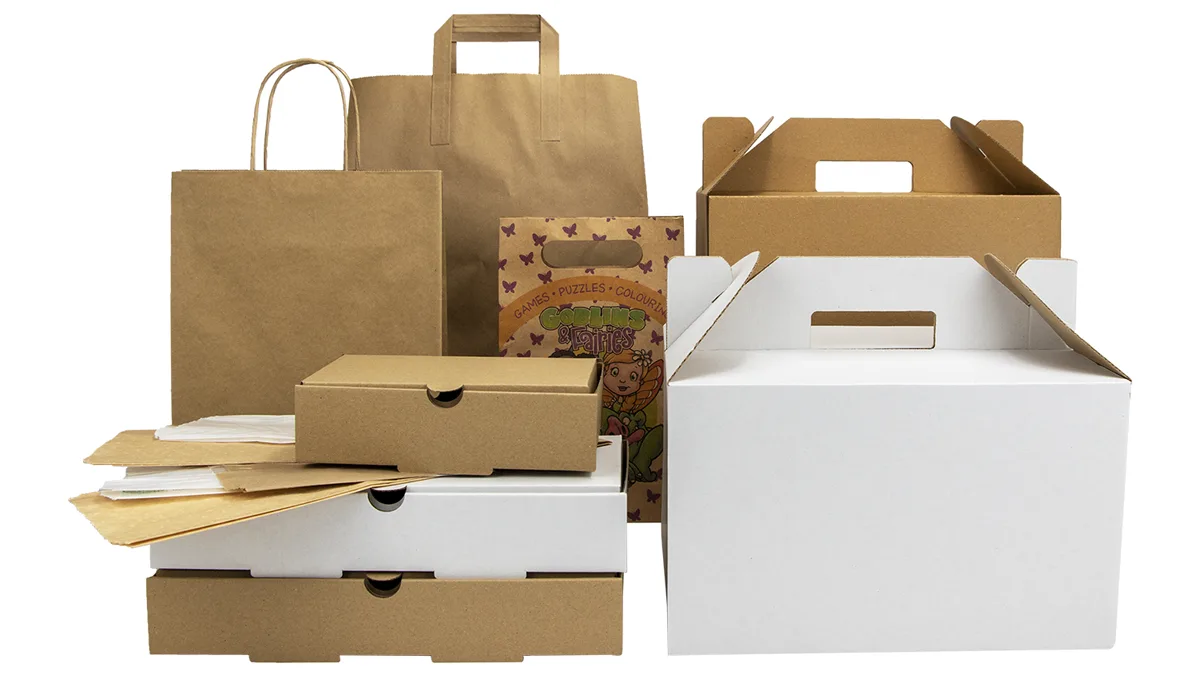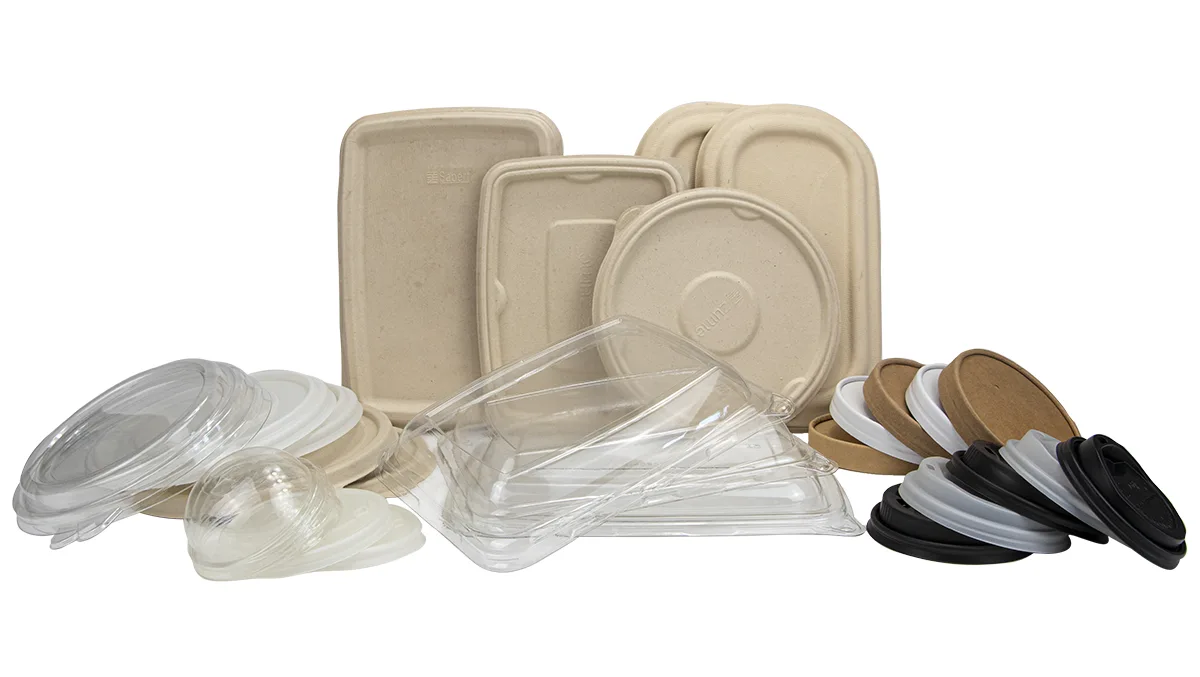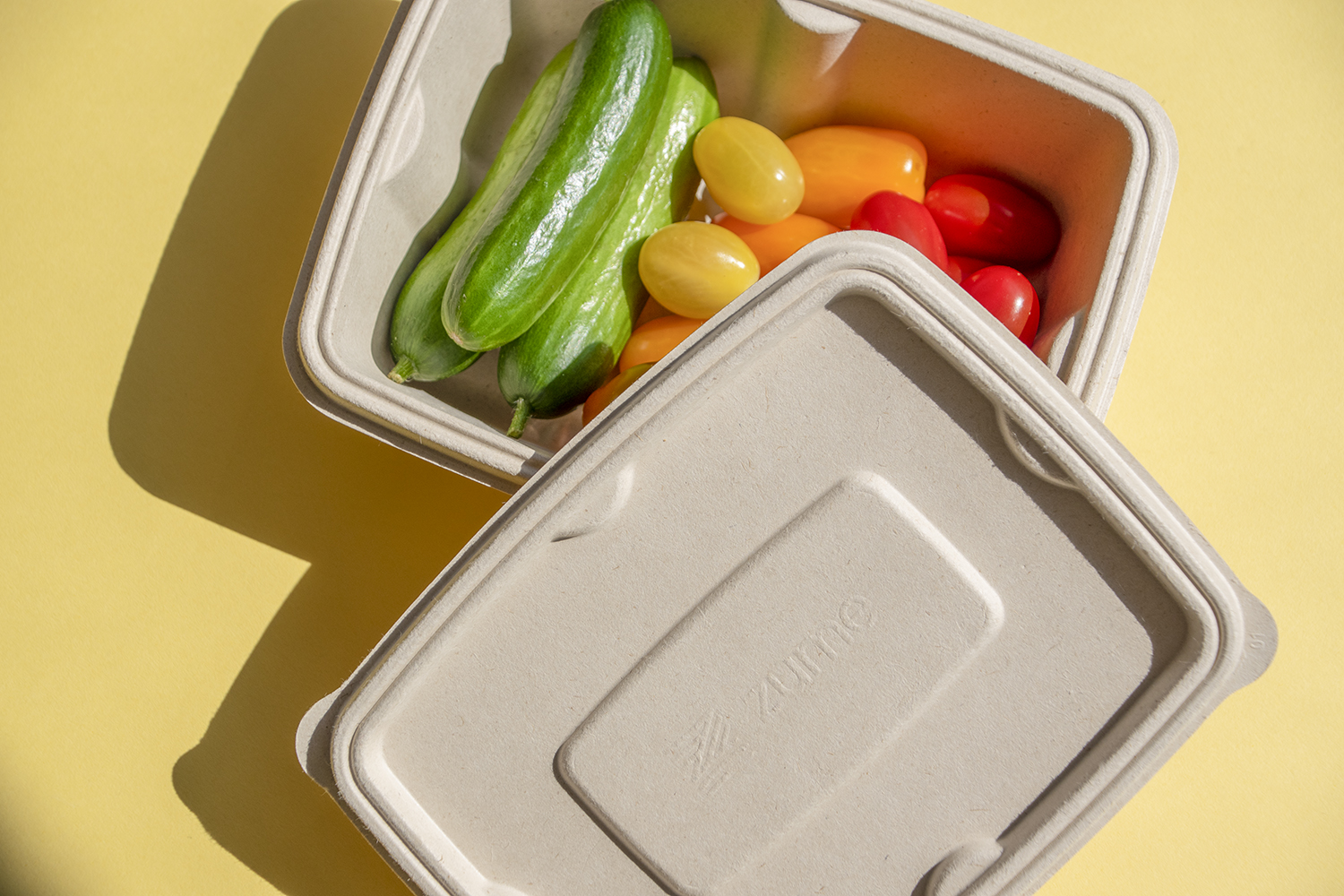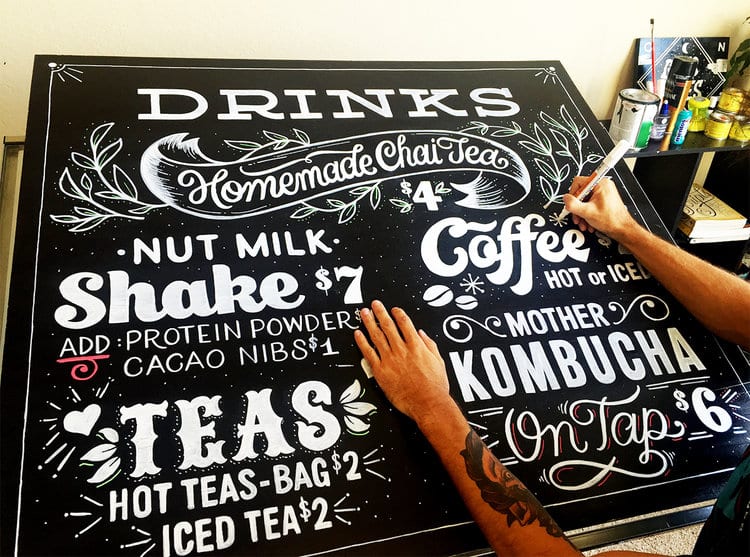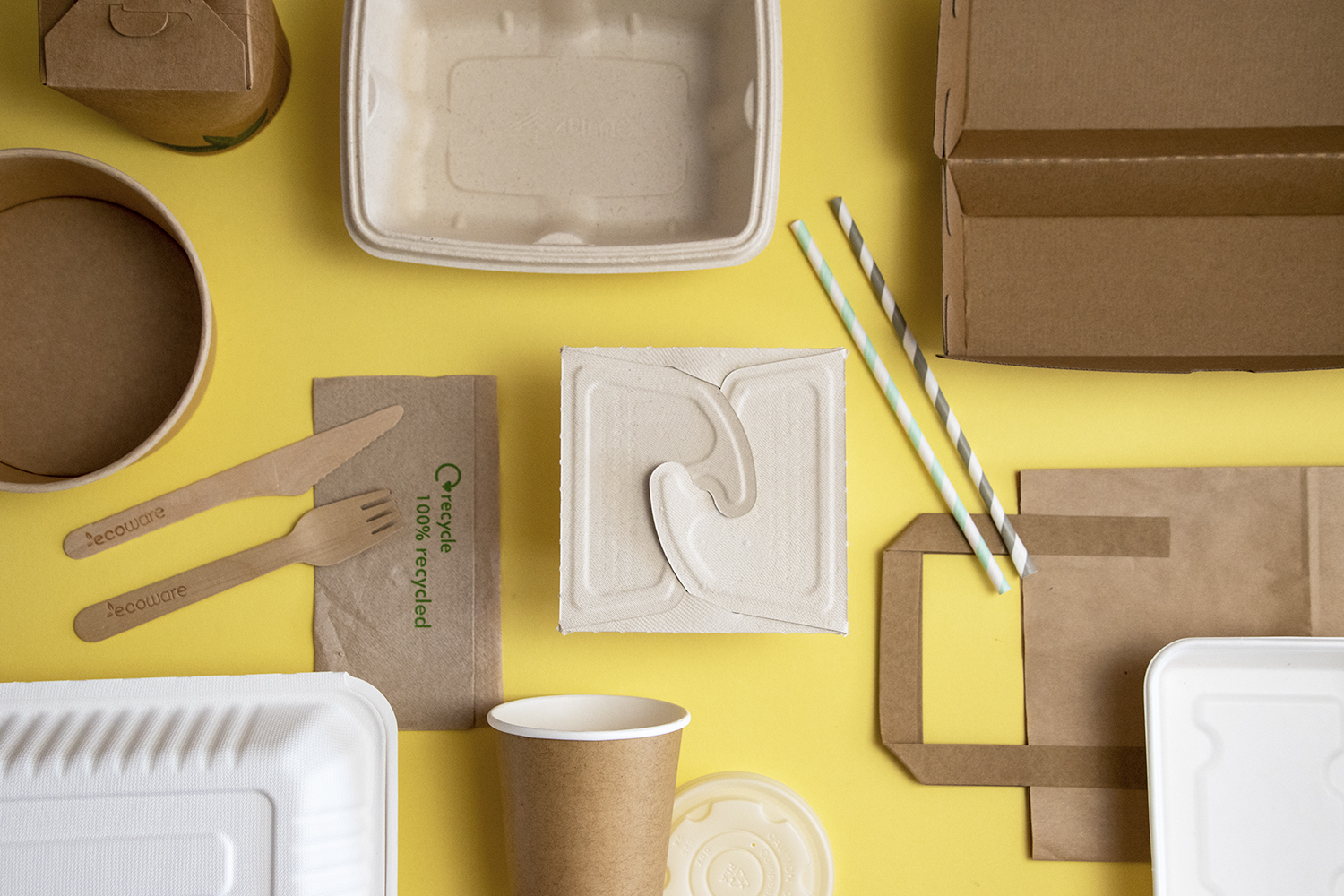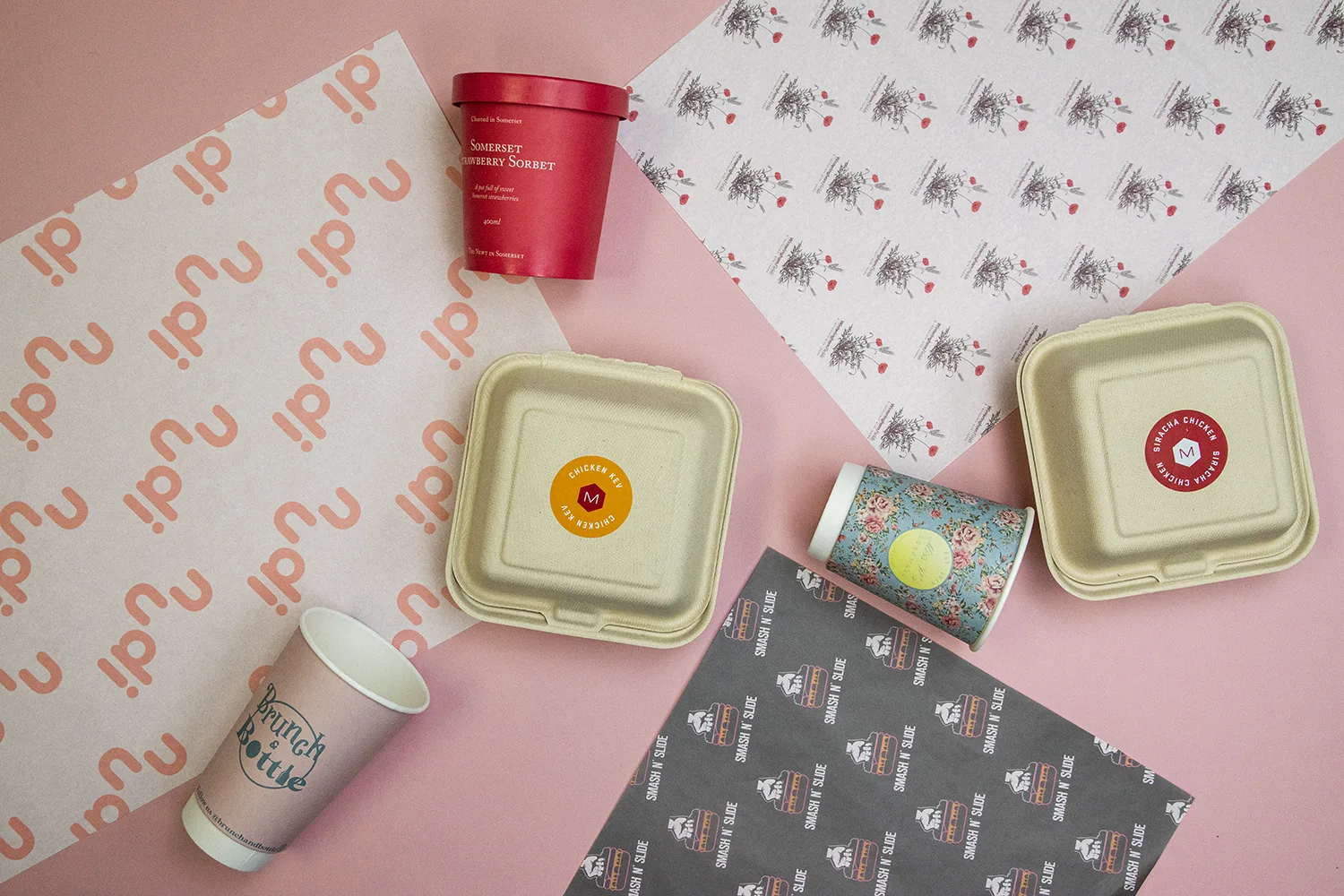We all know the importance of sustainable packaging. With plenty of recyclable options available, what about compostable food packaging?
Composting has a vital role in securing a sustainable future for the planet. While it’s been common practice for millennia, it’s somewhat overlooked in modern society. In fast-paced consumerism that’s all about convenience, compostable packaging for food and drinks might be the most eco-friendly disposable-packaging option on the market.
As part of International Compost Awareness Week, we’re helping businesses raise awareness about the importance of this simple yet incredibly important process that could help save the planet.
Related: What Is Compostable Food Packaging?
What Is International Compost Awareness Week?
International Compost Awareness Week (ICAW) takes place every year during the first full week of May. This year, it takes place between the 1st and 7th May 2022.
2022’s instalment is all about raising awareness about the benefits of composting for regenerative agriculture. This is a system focused on improving soil quality to produce healthier, more nutrient-rich crops. It also helps remove carbon from the atmosphere through enhanced carbon sequestration — the process of capturing and storing carbon to combat climate change.
While compost heaps in your back garden benefit the local environment, commercial composting facilities across the country — and the globe — are optimised for creating huge amounts of enriched compost that supports regenerative agriculture at the highest level.
Organisations that utilise composting at every level can slash their carbon footprint and contribute to a greener society. So how does composting work, and how can you get involved in ICAW 2022?
How Does Composting Work?
Composting is an entirely natural process that can transform everyday waste into nutrient-dense food for the planet. It’s an entirely natural process, but it relies on specific conditions to work.
Just like your kitchen staff pull together the finest ingredients to create mouth-watering food and drinks, composting needs a few key components:
- Brown Materials — These are solid, carbon-based forms of organic matter. Everything, including sawdust and crushed eggshells to compostable food packaging like brown paper bags, can be added to the mix.
- Green Materials — These are less solid, nitrogen-based components, such as food scraps*, coffee grounds, flowers and even mouldy bread (finally, somewhere to put your end pieces).
*Be sure to avoid meat, fish or dairy products; they’ll interfere with the composting process and produce a rancid smell.
The composting process requires air, moisture and heat. Compost bins or heaps can facilitate the right environment for effective composting. The process can take several weeks, months or even a year, but the end product of composting is compost.
What Actually Is Compost?
Compost is a nutrient-rich mixture of decomposed organic matter.
It’s formed with the help of bacteria, fungi, insects and other microorganisms. These tiny beings break down organic materials and food waste into their simplest elements. The result is an all-natural fertiliser that’s hugely beneficial to the planet.
When compost is ready, it looks like rich, dark soil, but it’s got some surprisingly potent properties.
How Does Composting Benefit the Environment?
Compost is used in agriculture to enrich the earth and improve soil quality. It does this by balancing pH levels, maintaining soil structure and retaining moisture in the ground. In turn, this helps the plants and microorganisms responsible for supporting life on earth survive and thrive.
Across the world, a tremendous amount of food is wasted. Around 9.5 million tonnes of food waste is generated annually in the UK alone, about 15% of which is produced by the hospitality and retail sectors. By moving table scraps to composting receptacles, less of this food waste will be in vain.
So, where does compostable food packaging fit into the equation?
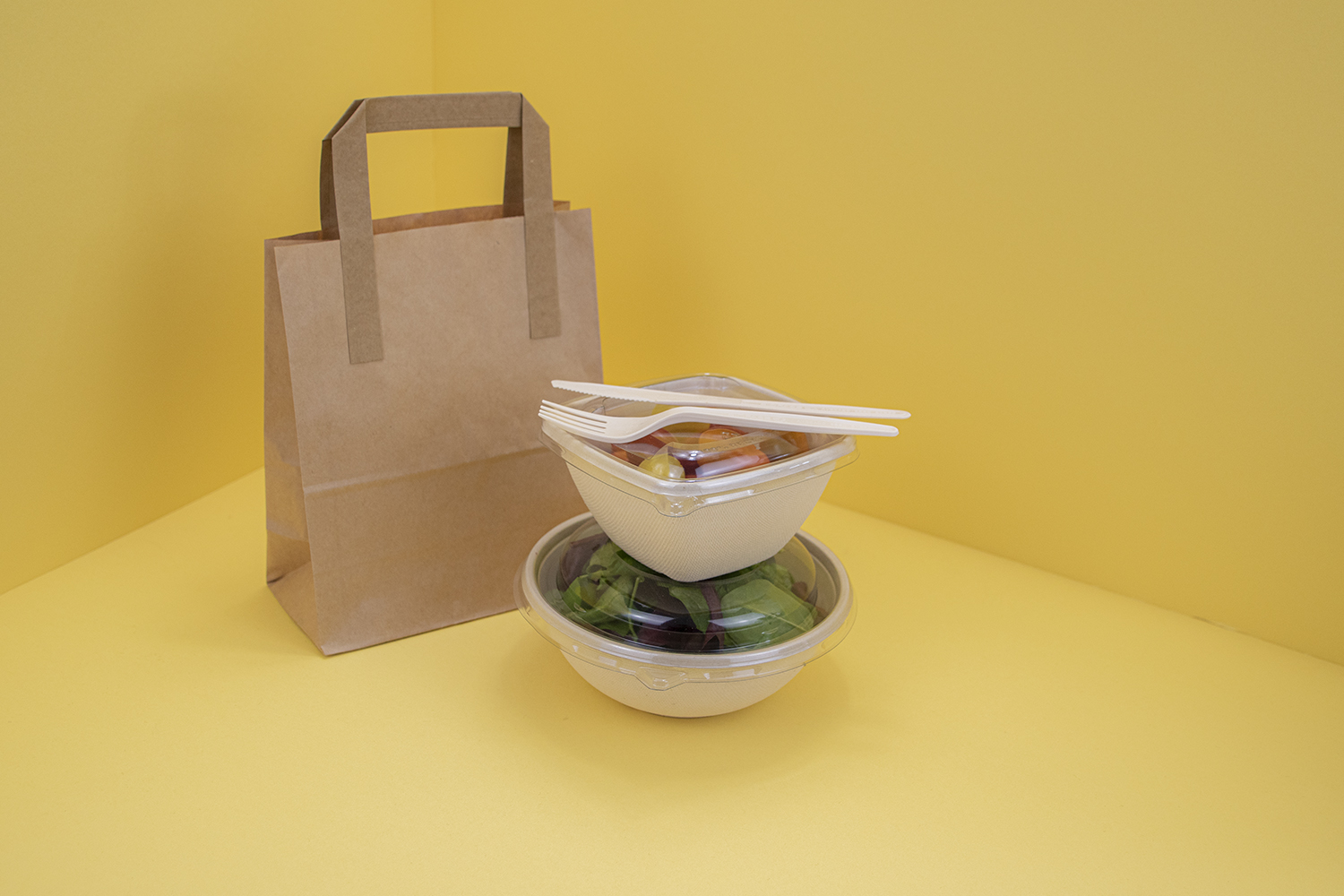
How to Use Compostable Food Packaging Correctly
There’s a bit of confusion around “biodegradable” and “compostable” food packaging that needs clearing up. It all depends on the materials used. Cardboard and paper-based packaging are compostable, but they’ll take longer to decompose than bagasse packaging, which is made from 100% natural, plant-based materials.
Compostable packaging can be composted at commercial facilities or at home, but it’s worth noting that domestic composting isn’t as efficient as the larger, purpose-built facilities.
Composting also requires commitment. It doesn’t simply happen overnight, as most compost takes several weeks or months to become usable, depending on the surrounding conditions. During busy service periods, it can be hard to make sure staff put food waste in the composting bin, but the more brown and green materials that go into the composting bin, the better your compost will be, and the more you’ll be helping the environment.
How to Support International Compost Awareness Week
Here are some easy ways your business can promote International Composting Awareness Week 2022:
1. Use Compostable Food Packaging
Swap your food and drinks packaging for eco-friendly alternatives. Plastic bags can easily be switched for compostable paper bags, while bagasse tableware for hot and cold menu items are the perfect replacement for unsafe plastic takeaway containers.
Plus, it’s much easier to dispose of compostable cutlery and napkins. They can simply be added to your composting receptacles along with food waste, so long as you can balance out green and brown materials.
2. Take Action on Food Waste
Apps like Too Good To Go are great for the environment and your bottom line. You can sell your unused ingredients and cuisine at a discounted price to reduce food waste. It also gives people a chance to get discount grub, which is handy due to the rising cost of living. By giving people a cheaper way to dine with you, you’re promoting your brand as an advocate for eco-friendly habits.
3. Spread the Word
The vast majority of people don’t compost, mainly due to a lack of time and motivation. Compost bins can be kept in the smallest kitchens or gardens, allowing everyone to take part in creating nutritious food for the planet simply by reorganising their waste. Composting doesn’t have to become an unmanageable mess; simply raising awareness about how simple it is could make a big difference.
Don’t forget to use the hashtags #ICAW2022 and #CompostWeekUK if you’re planning on posting about the event on your social media accounts.
Thinking of Switching to Compostable Food Packaging?
Plastic-based packaging like polystyrene may be cheap, but if current trends continue, it’s only a matter of time before these forms of unsustainable packaging are taxed or outright banned.
By swapping non-compostable packaging for compostable cups and takeaway containers, businesses can dramatically reduce their company’s carbon footprint and make a positive impact on the environment, locally and globally.
Small changes make a big difference. If you’re ready to go green, we’ve got the compostable, biodegradable and recyclable food packaging you need.
Visit our online shop and discover compostable food packaging that helps protect the planet. Looking for a branded packaging solution that’s eco-friendly? Get in touch for a free design quote from our expert in-house team.

